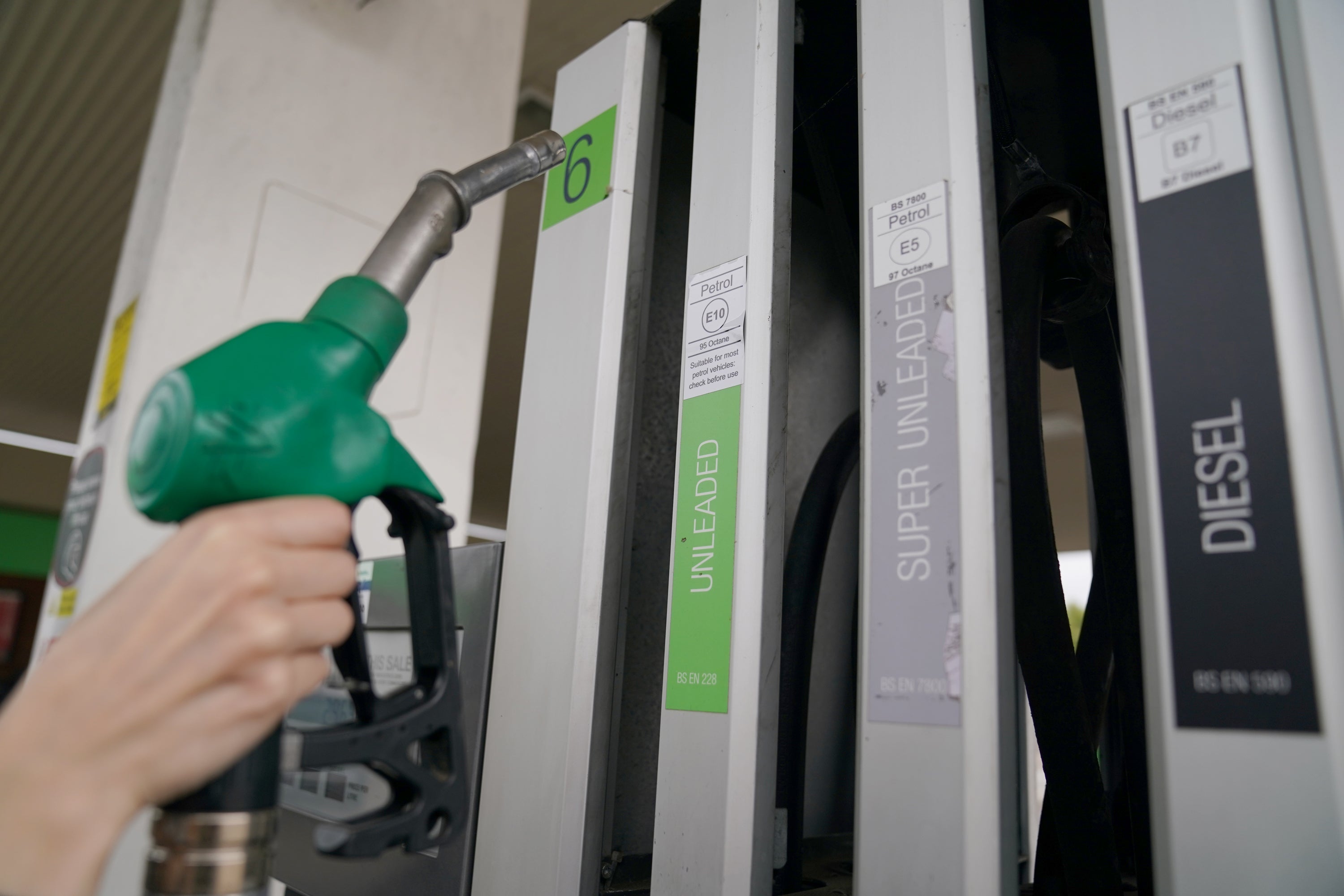August inflation rate expected to remain flat following drop in fuel prices
Inflation has risen every month since September 2021, but experts believe this trend was broken in August.

Your support helps us to tell the story
From reproductive rights to climate change to Big Tech, The Independent is on the ground when the story is developing. Whether it's investigating the financials of Elon Musk's pro-Trump PAC or producing our latest documentary, 'The A Word', which shines a light on the American women fighting for reproductive rights, we know how important it is to parse out the facts from the messaging.
At such a critical moment in US history, we need reporters on the ground. Your donation allows us to keep sending journalists to speak to both sides of the story.
The Independent is trusted by Americans across the entire political spectrum. And unlike many other quality news outlets, we choose not to lock Americans out of our reporting and analysis with paywalls. We believe quality journalism should be available to everyone, paid for by those who can afford it.
Your support makes all the difference.Economists think that inflation did not rise last month for the first time in a year, but it is still expected to tick up in the weeks to come.
August’s inflation is set to remain at 10.1% when it is presented on Wednesday morning, according to an average of expert predictions.
It is the same year-on-year Consumer Prices Index (CPI) inflation rate that the Office for National Statistics measured in July – the first time since September last year that CPI has not risen.
The cooling off was probably driven by the cost of petrol and diesel, which started to drop over the month.
According to figures from the RAC, the cost of unleaded petrol dropped from a peak above 191p a litre at the start of July to around 167p this week.
This will take some pressure off households, experts said. Samuel Tombs, chief UK economist at Pantheon Macroeconomics, believes it could shave as much as 0.3 percentage points off inflation last month.
He believes that inflation might even have fallen in August partly as a result of this, to 9.9%, below the consensus.
He also says there is reason to be more optimistic about the months ahead.
The Government’s plan to help households with their energy bills has shaved a good chunk off inflation projections.
Liz Truss’s announcement of energy bill support was overshadowed on Thursday by the death of the Queen.
But the support will offer serious respite to struggling households this winter, by capping their energy bills at £2,500.
It is still high – twice where bills had been a year earlier – but will probably save the average family thousands of pounds.
Because household bills are used to calculate inflation, this will mean inflation does not peak at the above 13% levels that had previously been forecast.
“The near-term outlook for CPI inflation… has improved greatly,” Mr Tombs said.
“The contribution of electricity and natural gas prices to the headline rate of CPI inflation will rise to 3.3 percentage points in October, from 2.3 percentage points at present, rather than soar to six percentage points, as implied by Ofgem’s proposed cap.”
Deutsche Bank’s Sanjay Raja, whose August prediction matches the consensus forecast, thinks that if he is wrong it will be because inflation rises higher than expected.
“While energy prices should drag on August inflation, record-breaking food inflation as well as services inflation (mainly from air fares) keep risks to the inflation data to the upside,” he said.